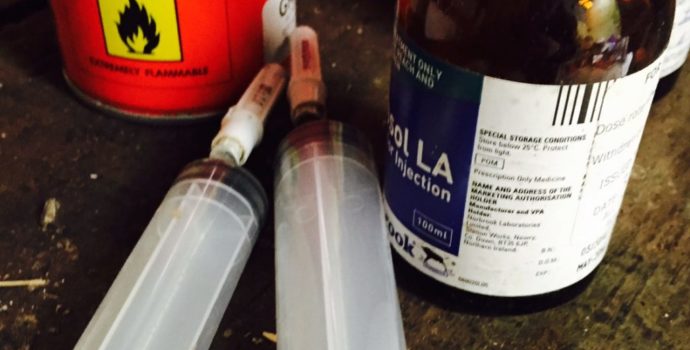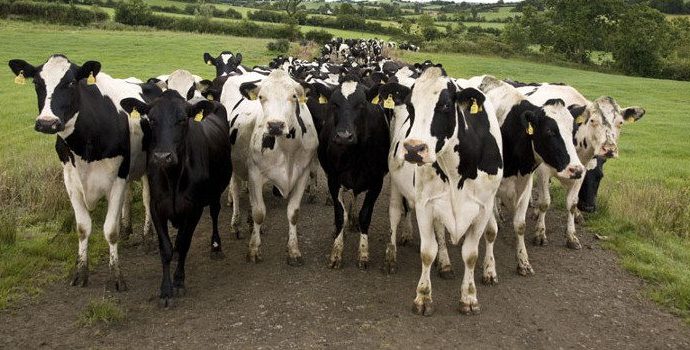IFA Meets EP Rapporteur Jim Nicholson on EU Dairy Package

The Vice-Chairman of the IFA National Dairy Committee Tom Phelan, and Executive Secretary Catherine Lascurettes yesterday (Mon) met with Northern Ireland MEP Mr Jim Nicholson. Mr Nicholson is the European Parliament rapporteur in charge of writing up the EP’s conclusions on the EU dairy legislation package (the Dairy Package) currently being proposed by the Commission following from the recommendations of the 2009/10 High Level Group on Milk.
Mr Phelan said IFA had strongly impressed on Mr Nicholson that, while the package was well intentioned, and included many positive elements, it should not allow member states to renationalise their domestic markets to the detriment of exporting countries such as Ireland. “As an export-dependent industry, we are concerned that a combination of measures in the Dairy Package could be used by certain member states trying to militate against imports,” he said. He also added that, disappointingly, the Dairy Package did nothing to secure a fair share for farmers in the retail chain, and it kicked out to the CAP 2013 negotiations any commitment to provide necessary market instruments to mitigate damaging volatility in the dairy sector.
IFA National Dairy Chairman Kevin Kiersey explained: “The Dairy Package is a well intentioned piece of draft legislation, aiming at strengthening the bargaining power of milk producers through small concessions in competition law to allow for contract, price and condition negotiation rights. It rightly gives co-operatives – which have statutes offering guarantees equivalent to contracts to shareholder suppliers – special recognition, and allows member states to decide whether or not to make contracts compulsory between suppliers and processors.”
“The Package would also allow for better integration and organisation of the industry, through the recognition of “inter-branch organisations”, in particular to develop, research and study markets, promote dairy products, promote specialised quality production systems (for example, specialised type of grass-based production, organic, etc.), draw up standard forms of contracts, etc.” he said.
“While the package is generally positive for dairy farmers, we are concerned that member states could seek to use the combination of contracts and inter-branch organisations to “stitch up” and renationalise their domestic markets, which could restrict opportunities for exporting countries such as Ireland. We have therefore strongly impressed on Mr Nicholson the need, in his report, to insist that the proper functioning of the Single European Market is in no way hindered by Member States availing of some of the Package’s provisions,” Mr Phelan concluded.
It is understood that the Dairy Package, which has yet another few hurdles to clear in Brussels, could come into law in the second half of this year.




